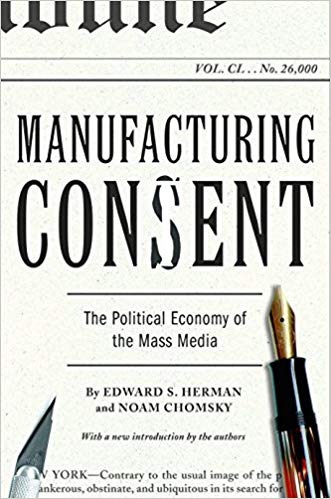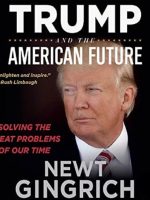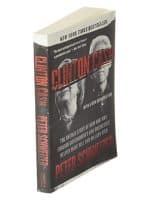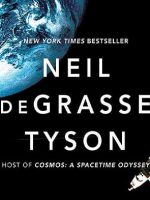Manufacturing Consent Audiobook by Edward S. Herman, Noam Chomsky
Dive into “Manufacturing Consent,” an eye-opening audiobook by Edward S. Herman and Noam Chomsky that critiques the mass media’s role in shaping public opinion through propaganda models. With compelling narration that brings their insightful arguments to life, this essential listen explores how media serves elite interests rather than public discourse. Discover it now on Ezaudiobookforsoul.com for free!
As I settled into my favorite nook, the soft glow of a lamp wrapping around me like a warm hug, I pressed play on the audiobook “Manufacturing Consent” by Edward S. Herman and Noam Chomsky. The day had been long, filled with the usual barrage of headlines and social media noise, leaving me feeling both overwhelmed and curious about the narratives that shaped our world. This moment felt perfect for diving deep into a critique of the very media that had been vying for my attention all day.
The first words resonated through my headphones, narrated with a steady cadence that commanded respect and curiosity. Chomsky’s voice, in particular, carries a weight of experience and knowledge that pulls you in, almost as if he’s inviting you to join him at a table for an earnest discussion about the complexities of our information landscape. I found myself leaning in closer, fully aware that I was about to embark on a journey that would challenge not only my understanding of the media but also how I perceive truth itself.
“Manufacturing Consent” is more than just an analysis; it’s an awakening. Herman and Chomsky dismantle the façade of objectivity presented by mass media through their compelling “propaganda model.” As they meticulously outline the five filters—ownership concentration, advertising influence, sourcing reliance, flak pressure, and ideological bias—I was struck by how these concepts interlinked with my everyday encounters with news. These filters revealed themselves like hidden strings on a marionette, manipulating narratives behind the scenes.
Listening to their case studies—especially those concerning foreign policy coverage—was both enlightening and unsettling. The examples drew vivid images in my mind: the Vietnam War’s portrayal skewed to fit political agendas rather than reflecting reality; environmental crises downplayed as corporate interests loomed large. Each instance served as a stark reminder that what we digest daily isn’t merely news; it’s curated content designed to maintain the status quo.
What made this audiobook particularly engaging were not just its critical insights but also its relevance today. As I listened, I couldn’t help but reflect on current events—the misinformation campaigns on social media platforms or corporate-sponsored “news” articles masquerading as objective journalism. It was as if Herman and Chomsky were speaking directly to our present moment, urging us to question what we consume and who benefits from our ignorance.
Emotionally charged yet intellectually stimulating, “Manufacturing Consent” prompted me to confront uncomfortable truths about my own viewing habits. Would I continue to accept headlines at face value? Or would I begin to sift through layers of bias and commercial influence? By the end of this audiobook journey, I felt empowered yet burdened—a duality that speaks volumes about its impact.
Moreover, I found myself pondering how crucial it is for each of us to engage critically with media narratives. The authors don’t just present problems; they ignite conversations within us about our roles as consumers of information. Their call to action resonates deeply: be vigilant, be skeptical.
In conclusion, “Manufacturing Consent” is an impactful experience wrapped in an accessible format that every listener should engage with—not just once but repeatedly as we navigate our ever-complex world of information. The audiobook invites you into a realm where questioning is encouraged, where complacency is challenged—a space where your understanding can evolve.
If you’re looking for a thought-provoking listen that will challenge your perceptions and inspire deeper inquiry into the media you consume daily, look no further than this masterpiece.
| Author | |
|---|---|
| Narrator | |
| Language |
- Soulful_ExplorationManufacturing Consent Audiobook
- 01Manufacturing Consent Audiobook
- 02Manufacturing Consent Audiobook
- 03Manufacturing Consent Audiobook
- 04Manufacturing Consent Audiobook
- 05Manufacturing Consent Audiobook
- 06Manufacturing Consent Audiobook
- 07Manufacturing Consent Audiobook
- 08Manufacturing Consent Audiobook
- 09Manufacturing Consent Audiobook
- 10Manufacturing Consent Audiobook
- 11Manufacturing Consent Audiobook
- 12Manufacturing Consent Audiobook
- 13Manufacturing Consent Audiobook
- 14Manufacturing Consent Audiobook












